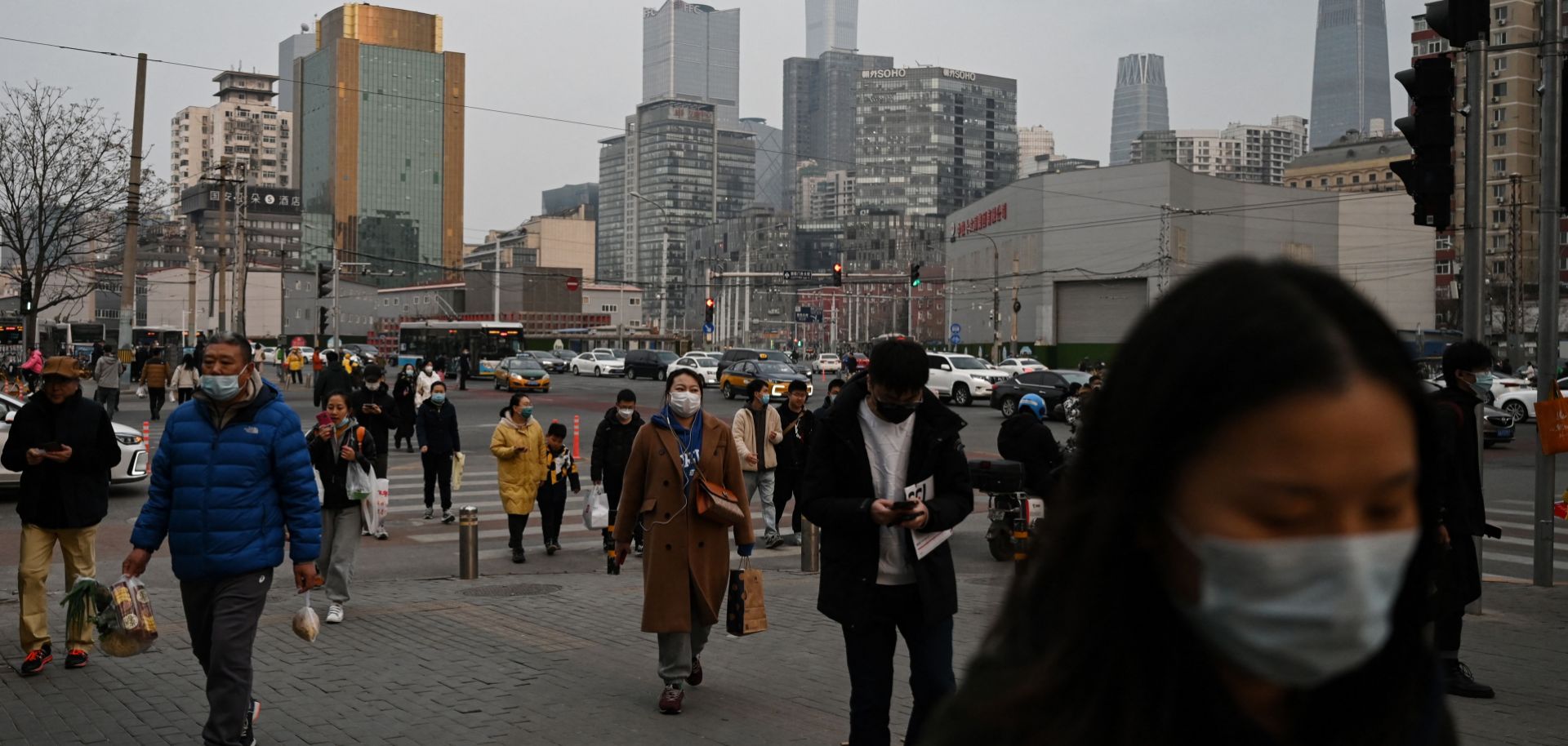Despite the post-COVID uptick in economic activity, China's medium-term growth potential will continue to decline, while macro-financial vulnerabilities will remain elevated, which will accelerate efforts to strengthen political oversight of the economy -- especially as policymakers try to reduce China's exposure to external economic pressure. Over the past 40 years, Chinese policymakers have proven remarkably adept at maintaining high growth rates while effectively managing financial risks. The government has relied on a mixture of state-led economic development and gradual, market-oriented liberalization. More recently, the government has backtracked on market-oriented reform despite previous commitments to let markets play a ''decisive role'' in economic development. China's political economy model has traditionally proved very effective in terms of mobilizing savings and channeling them into strategic sectors. A combination of financial repression (keeping interests on bank deposits low) and government-guided bank lending provided a cheap and stable source of funding for development-oriented, strategic economic...

